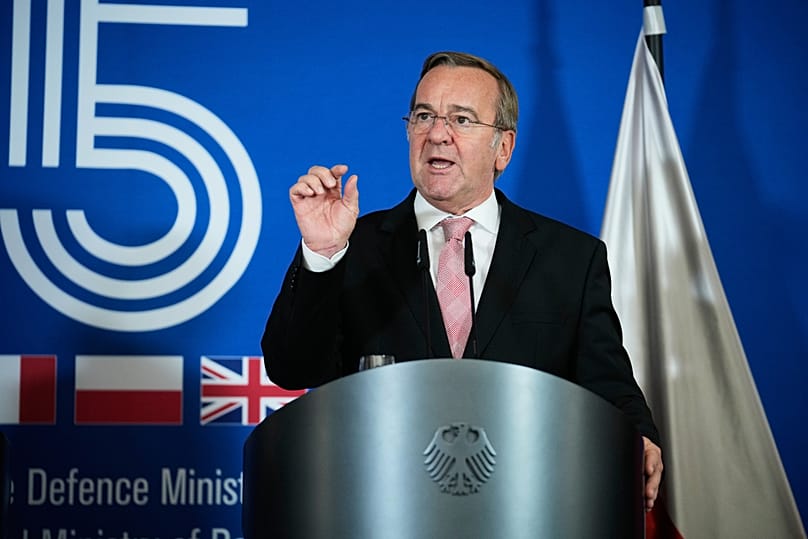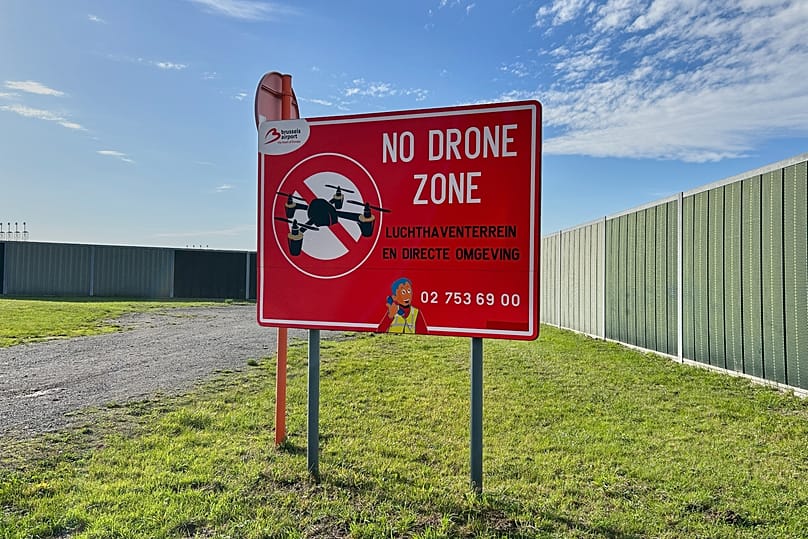Germany has announced a significant financial commitment of €150 million to support Ukraine through the Prioritised Ukraine Requirements List (PURL) initiative, as stated by Defence Minister Boris Pistorius on Friday. This initiative, launched in July by NATO Secretary General Mark Rutte and former US President Donald Trump, was introduced in response to criticism from the White House that European nations needed to take greater responsibility for Ukraine’s security.
The PURL initiative involves 17 primarily European allies purchasing US-made weapons, which are then transferred to Ukraine. This approach aims to ensure a steady flow of both lethal and non-lethal military aid, including air defense systems. The program is crucial in fulfilling Europe and Canada’s commitment to bearing the majority of the burden for Ukraine’s security as it continues to defend itself against Russia’s ongoing invasion.
Recent data from Germany’s Kiel Institute highlights a sharp decline in Western military aid to Ukraine, with a 43% drop in July and August compared to the first half of the year. This underscores the need for consistent and predictable support to sustain Ukraine’s defense efforts.
In an Instagram post on Friday, Pistorius revealed that the German parliament had approved a draft budget for 2026, which includes €11.5 billion in support for Ukraine next year—a €3 billion increase. The approval came after a 15-hour session that extended into the early hours of Friday, with the Bundestag set to vote on the budget later this month.
Potential Delivery of Taurus Missiles
The weapons systems being procured in the United States include the Patriot air defense system and missiles. However, Pistorius did not confirm whether Germany will also supply Ukraine with Taurus cruise missiles. He emphasized that Ukraine is facing its fourth winter of war, highlighting the challenges ahead.
During talks with counterparts from Poland, Italy, France, and the UK, Pistorius noted the importance of continued support. EU foreign policy chief Kaja Kallas attended the Group of Five (E5) meeting, while Ukraine’s Defence Minister Denys Shmyhal participated via video link.

Putin’s Strategy and Germany’s Commitment
Pistorius explained that Putin’s repeated attacks on Ukraine’s energy grid aim to make the winter months as difficult as possible for Ukrainians and weaken their morale. He assured that Germany remains ready to lead in supporting Kyiv. “Ukraine can continue to rely on us,” he said, reaffirming Germany’s commitment.
Pistorius also highlighted Germany’s ongoing investment in the Ukrainian defense industry. In addition to security concerns, the discussions focused on hybrid warfare, with Pistorius noting that Russia is attempting to “unsettle and frighten our societies.” Recent airspace violations in NATO and EU countries have led to evacuations and closures at European airports due to drone overflights.

Joint Drone Defense Efforts
Pistorius called for a unified approach to drone defense, suggesting that a joint procurement of cost-effective solutions should be presented at the next Group of Five meeting in Warsaw at the beginning of next year. He emphasized the importance of acting as a team to address these threats.
However, no concrete evidence has yet linked the drone overflights to Russia. Pistorius remarked that “you don’t have to be Sherlock Holmes” to identify the likely perpetrator behind the airspace violations.
Regarding drone operations, UK Defence Secretary John Healy confirmed that a delegation of British drone experts sent to Belgium will continue their work. He also announced that members of the 12th Regiment of the Royal Artillery will be deployed to Finland to conduct drone defense operations there.
